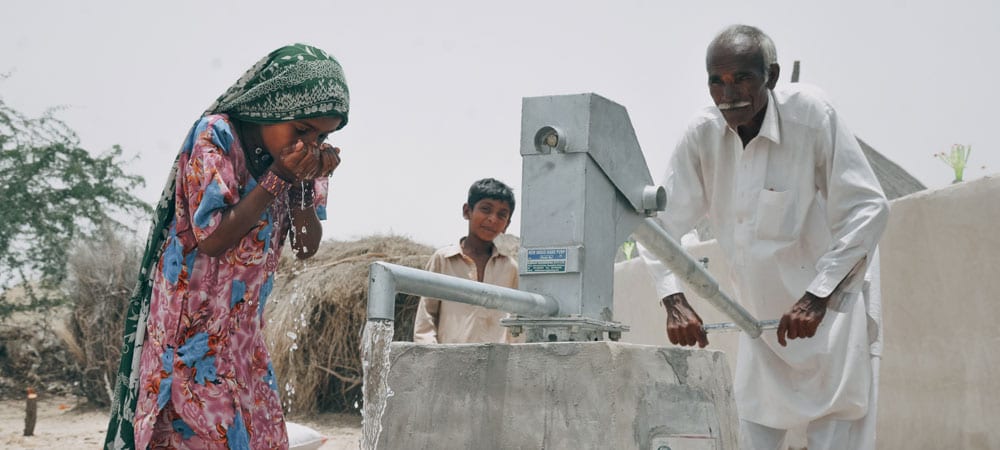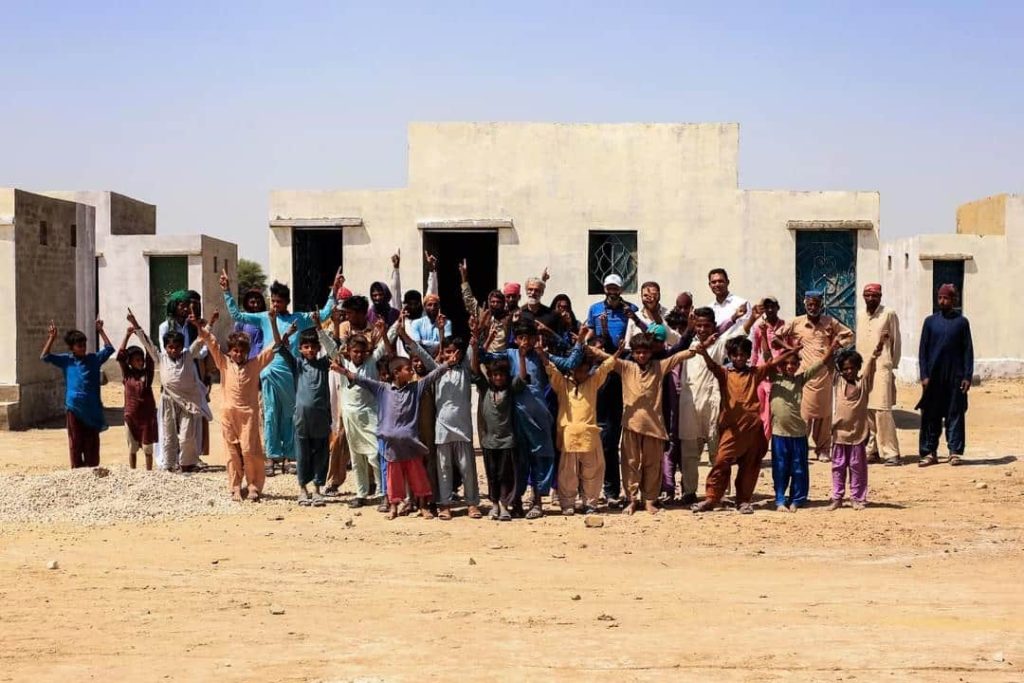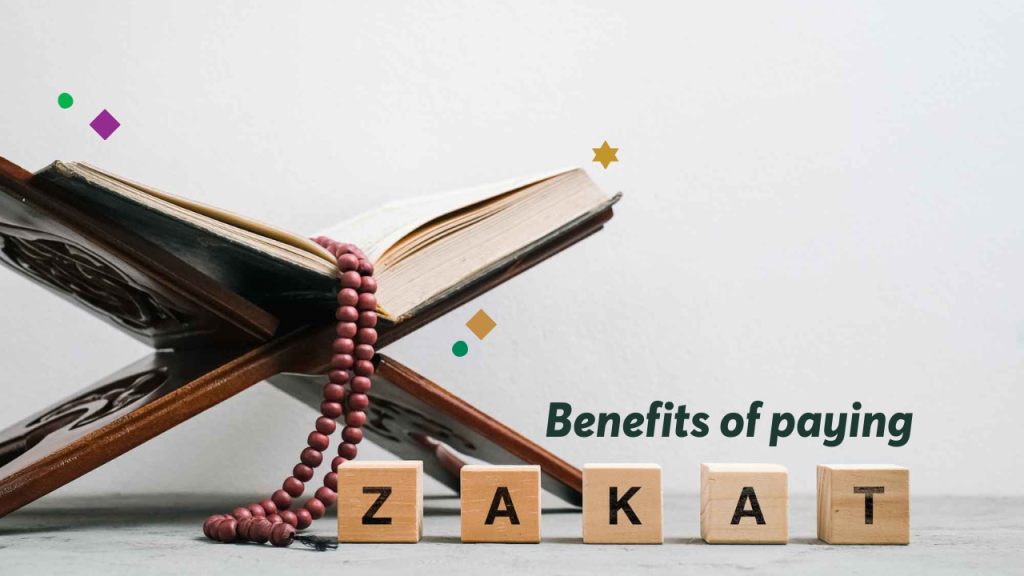Access to fresh water means so much more to vulnerable communities than having something to drink. Clean water has the power to transform how people live their lives.
In Tharparkar, Pakistan, one of the most drought-impacted regions of the world – IDRF has brought clean water to people’s doorsteps. Women no longer have to walk 4 or 5 hours each day to fetch water, freeing them up to earn money for their family and for girls to go to school.
In Turkey, Internally Displaced Persons camps for Syrians who have fled the decade-long civil war, ensuring that clean water is available has prevented the outbreak of communicable disease in places where some families live with over 10 people in one tent.
In the Rohingya Refugee camps in Bangladesh, the availability of water across Cox’s Bazar protects women and girls from assault and other violent crimes, as they no longer need to venture into dangerous areas without adequate lighting and security.
In Gaza’s schools, the 10 clean water tankers that deliver fresh water daily ensure children learn in a safe environment and gives their parents a sense of peace and optimism.
In Yemen, clean water and hydration provide a path to recovery for patients suffering from the worst cholera outbreak in human history in a country already hurting from famine, conflict and a massive economic crisis.


